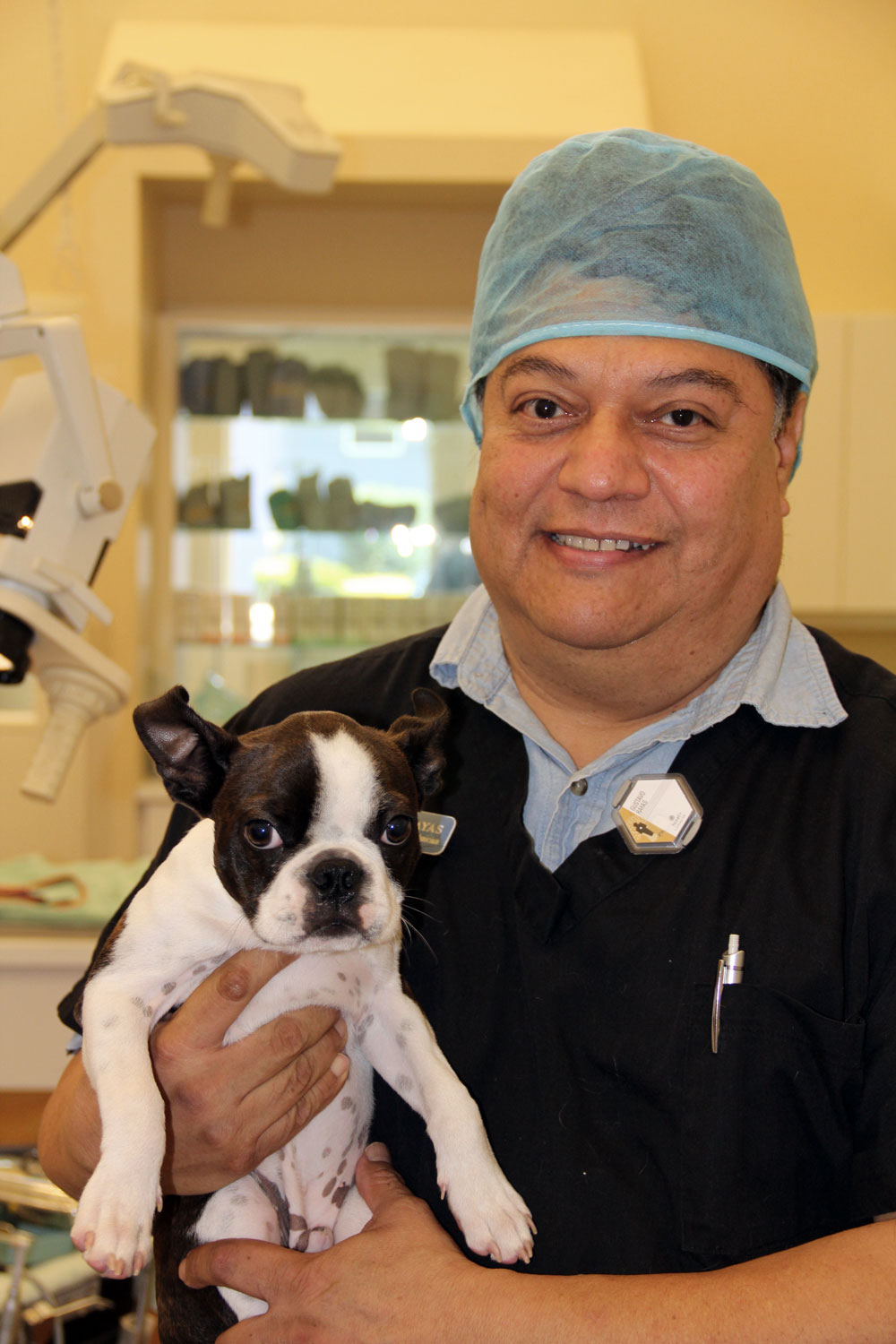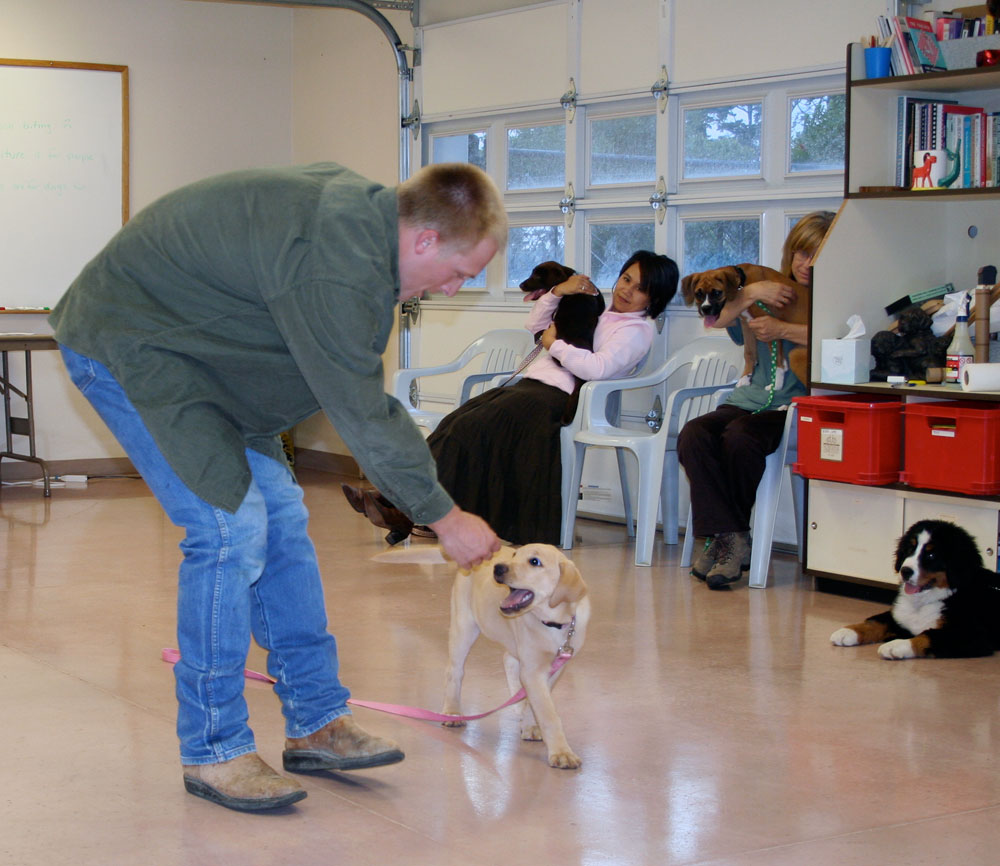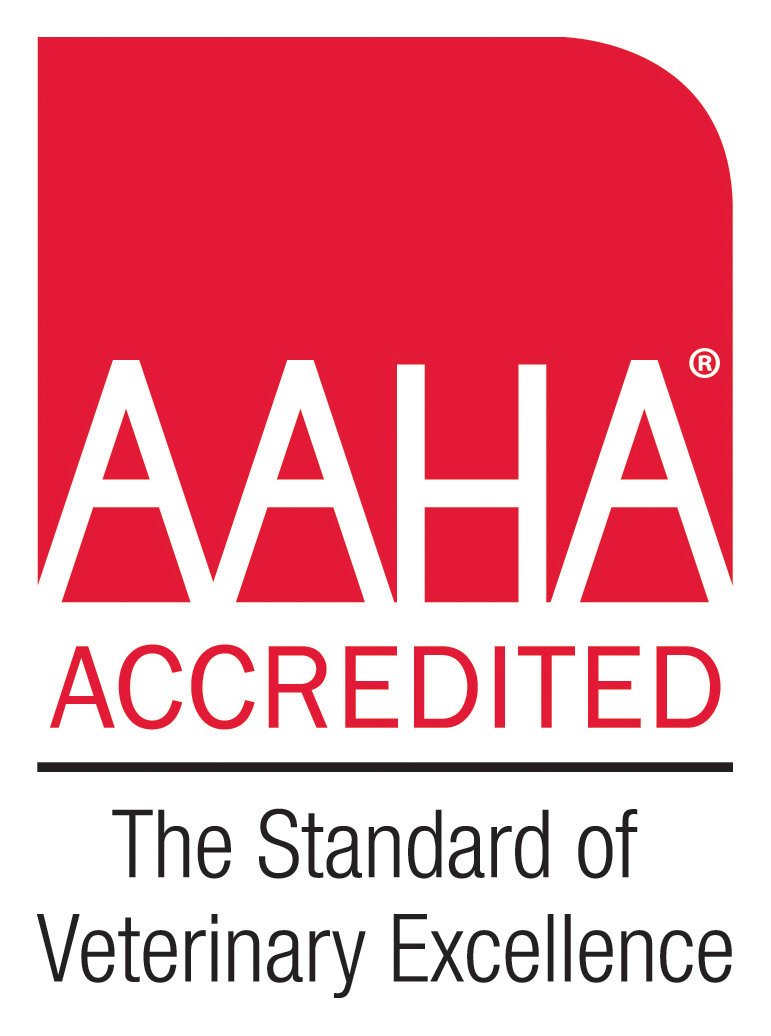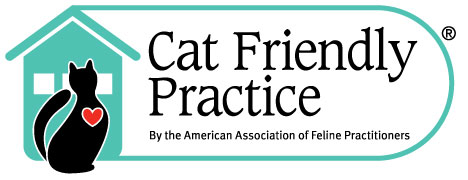
Vaccinations
Puppies receive antibodies from their mother that will protect for a short period of time. When these are gone, they need vaccines to help them build their own immune response. We recommend a DA2PP vaccine be given every three weeks, starting at 6 weeks and continuing until 5 months of age. This vaccine will protect against distemper, hepatitis, parainfluenza and parvovirus. If your puppy will be hunting or visiting wetlands areas as an adult, we recommend the leptospirosis vaccination also. A rabies vaccine is required by law at 4 months of age. DA2PP and rabies should be repeated every 3 years after the first yearly booster. If you plan to board your dog, you may be required to have him vaccinated against bordatella.
Worming
Virtually all puppies are born with roundworms or hookworms, a serious public health threat. People can become infected with these worms. All puppies should be wormed for roundworms and hookworms, and this should be continued as a lifelong, year-round habit. A fecal flotation exam to check for parasite eggs should be done every year beginning as a puppy. Additionally, puppies should be screened for giardia, a common infectious disease that is easily passed to people.
Nutrition

Puppies need diets made especially for growing dogs. After reaching 4 months of age, they can be switched to an adult diet. Grocery store foods and many “fad” diets at the feed and pet stores are often made from lower quality ingredients and just barely meet minimum nutritional requirements or greatly exceed some requirements. We recommend ProPlan, Science Diet by Hills, Iams, Eukanuba and Nutro diets. These diets cost more than those in the grocery store, but you really do get what you pay for. “Premium” diets such as Pro Plan need to be fed in smaller volume will produce less feces to clean up, and generally lead to fewer visits to the doctor. Supplements are not necessary with these diets.
Fleas/Tapeworms
Fleas are a common problem in our area. They cause itchiness and irritation, carry tapeworms and can cause a severe allergic reaction. Good flea control is important. Several products are available and our staff can help you choose which will be best for your dog if you notice any flea troubles.
Tapeworms are carried by fleas. They can appear in the feces, in your pets bedding or on your dog’s anal area and will look like little grains of rice. They may be dry and light brown, or mobile and white. They are not found using the other fecal tests noted in this handout. If you see these tapeworms, we will need to use a special dewormer and improve your flea control program.
Spay/Neuter
This is generally done at 4 months of age, but can be done earlier if necessary. These procedures not only help decrease the unwanted pet population, but will improve the length and quality of your dog’s life. If you intend to breed your dog, it is essential that you understand the importance of genetic screening, health screening and reproductive monitoring. Please ask us about these issues.
Heartworm/Lymes Disease/Ehrlichiosis
This is a mild but increasing problem in our area. Heartworms can cause a fatal disease of the lungs and heart, and the treatment can be dangerous. Prevention is simple, safe and should be maintained year round in our area. Even indoor dogs should be protected.
Lymes disease and ehrlichiosis are both carried by ticks and are more common in this area than is heartworm disease. Both diseases can be fatal, but are quite simple to eliminate if caught early. Good tick control is essential in this area. We recommend all dogs be tested yearly with a combination test for heartworm, Lymes and Ehrlichia.
Dentistry
Good dental care can greatly increase your dog’s longevity and quality of life. Get your puppy used to having things put in his or her mouth. Train your friend to allow you to brush his teeth daily. Even if you brush regularly, your dog will need his or her teeth cleaned on a routine basis. If you notice red gums, broken or missing teeth, discolored teeth, or reluctance to eat, please call us immediately.

Training
This most often ignored area of canine health is perhaps one of the most important. More animals die each year due to behavioral problems than due to any disease. We strongly suggest starting training at 8 weeks of age with a Kindergarten class. This class should cover socialization, teaching your puppy where he belongs in the pecking order, and the basics of how to train a puppy. It is essential that puppies this young attend a class supervised by a veterinarian that is held in facilities, which are disinfected regularly. At 5-6 months of age, basic obedience should begin. Once you and your dog have graduated from basic obedience, the training should not stop. Being a good citizen requires a lifetime commitment to learning.
Yearly Physical Exam
Animals can’t tell us when something isn’t quite right. If we wait until they show obvious symptoms, often the prognosis for a problem becomes much worse. To help detect illness as early as possible, we suggest that a physical exam be done every. As your dog gets older, we recommend exams every 6 months along with yearly bloodwork and urinalysis.
We hope that this information will be helpful in allowing you to take the best possible care of your puppy. If you would like more information on any of these subjects, please give us a call or visit our website. Best of luck!




